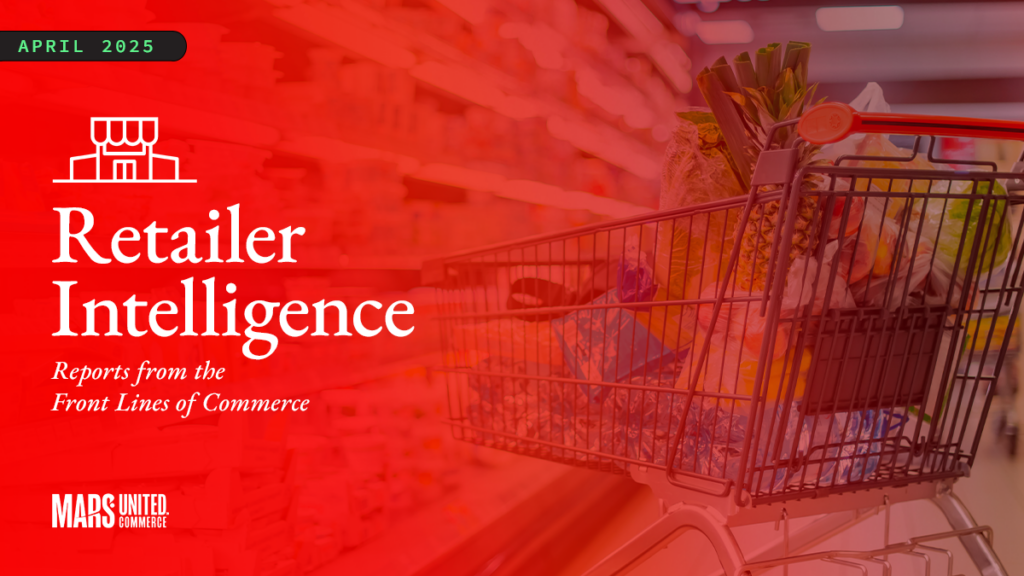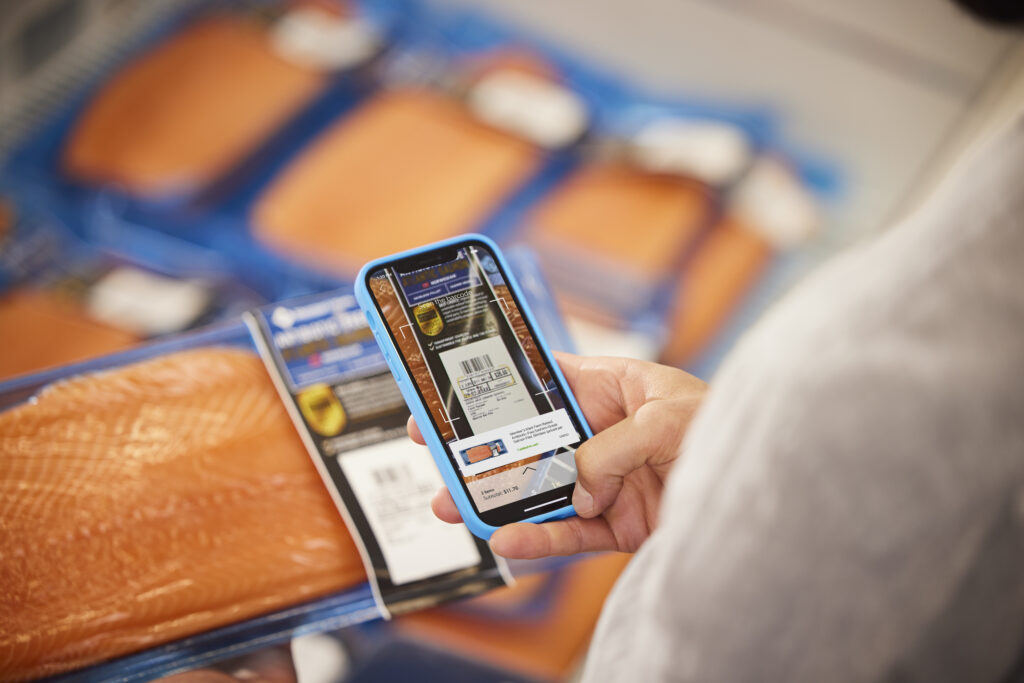To help brands better understand the key content opportunities available on leading ecommerce websites, Mars UnitedSM Commerce this year began sharing the Digital Shelf Report, a cross-retailer assessment guide for brand success.
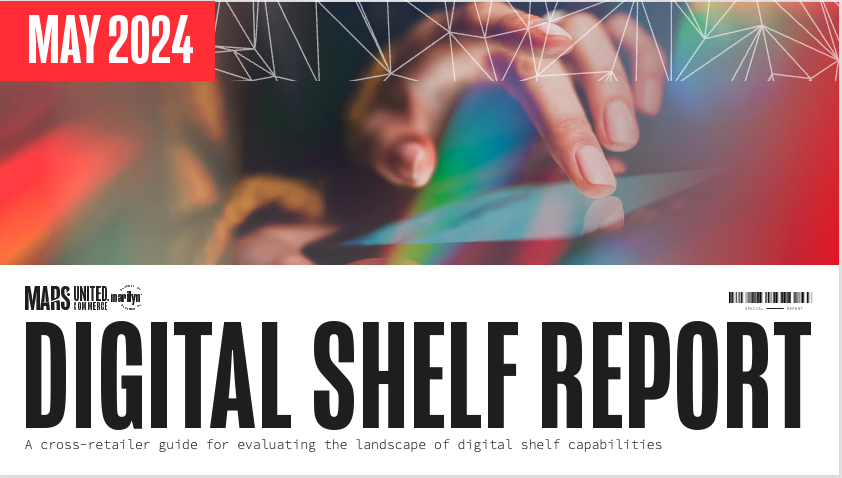
Included in the report is an assessment of 13 key Sales Tools, engagement levers that, if utilized (or earned), can amplify the discoverability, shoppability, and convertibility of products sold on the digital shelf.
The following article examines one of those tools: Generative AI, which already has been implemented into search functionality at three of the ecommerce websites tracked in the report, Amazon, Instacart, and Walmart, and being tested for implementation at two others, Best Buy and Target.
For clarity’s sake, we’ll start with a definition. Generative AI is a type of machine learning algorithm that uses artificial intelligence to create content in all forms — text, images, videos, music, spoken word. If you’re in the retail industry and haven’t used it yet, you should. Download the free ChatGPT onto your phone, and ChatGPT yourself. (It’s the new “Google yourself.”) A member of our ecommerce team recently asked, “Where should my friends go out to dinner that has a cool vibe?” and ChatGPT provided surprisingly spot-on suggestions. Another great example is adoreme.com, which helps shoppers generate fabric print designs for totally unique underwear.
Get familiar with gen AI, because it’s many applications are already affecting all of us as retail professionals. We have three examples of gen AI being used to help shoppers find what they products they need.
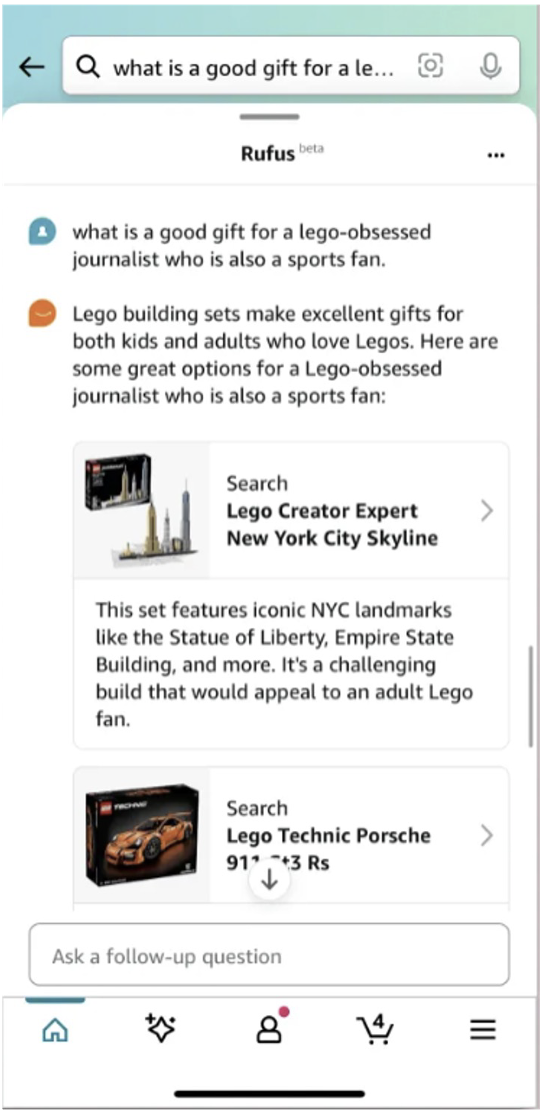
The first is a shopping assistant from Amazon, which it affectionately named Rufus. Launched in February to a small number of Amazon Shopping mobile app users, Rufus rolled out to all U.S. customers in July. It’s a gen AI-powered search tool that lets shoppers ask questions about products and categories rather than just inputting a single keyword or phrase. It therefore creates more of a curated experience that helps shoppers find the right item rather than simply generating a list of products they need to hunt through.
Walmart is using gen AI in a similar way, although its tool doesn’t have a cute name. In this case, shoppers might be using the tool without even realizing it. In collaboration with Microsoft, Walmart has incorporated technology into its search functionality that delivers search results intuitively considering both shopper intention and real-life, real-time experiences. This allows it to deliver more relevant results that, depending on the question, can even span multiple product categories.
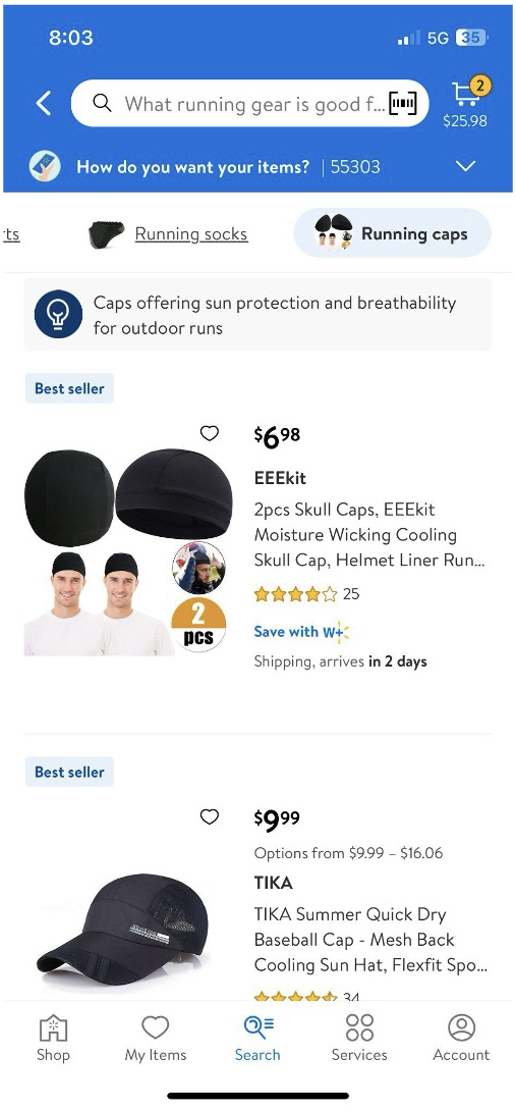
One of our Mars Ecommerce specialists recently used Walmart’s new search to find good running gear for summer as she was ramping up her training, and it served up the running caps depicted at right. While these results didn’t exactly match her personal style, they illustrate how Walmart’s search algorithm is using best sellers as the top priority in results and looking at items with “cooling” in the product titles.
Read more about Walmart’s search tool here.
Finally, Instacart’s ChatGPT plug-in lets shoppers ask food-inspiration and recipe-related questions to receive responses that contain shoppable suggestions, with all the required ingredients easily added into their shopping cart for order and delivery.
Read more about the Ask Instacart tool here.
Gen AI-enabled technologies like these could have a significant impact on product searches, which in turn would have a major effect on search marketing strategy and digital shelf content.

The short-term takeaway is to ensure that your product detail pages are built out with optimized titles, robust descriptions and all the necessary attributes that these search tools employ to make your products part of more intuitive, more relevant results.
If you haven’t already, it’s time to familiarize yourself with these tools.
The information provided in the Digital Shelf Report only scratches the surface of the ecommerce guidance Mars United deliver to our clients. Optimizing the digital shelf demands a blend of art and science in which brands must appeal to shopper preferences while simultaneously adhering to the retailer’s content criteria — using a mixture of deep shopper insights, extensive retailer intelligence, and ecommerce expertise for which Mars United is uniquely suited to provide. If you’d like to learn more, contact Emily Baynard, Senior Director-Ecommerce, at baynarde@marsunited.com.

